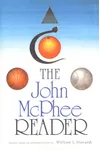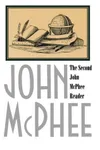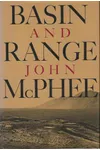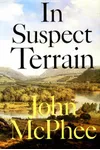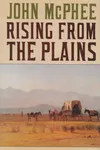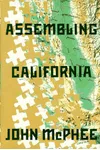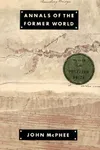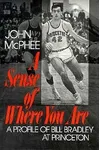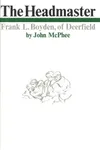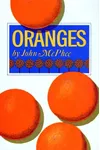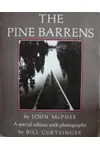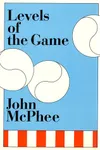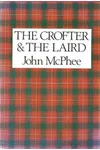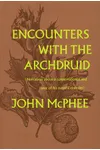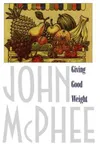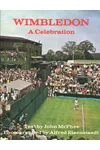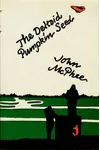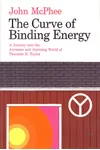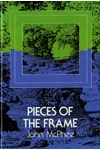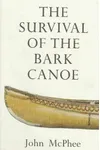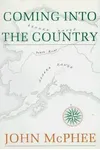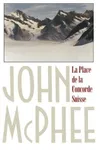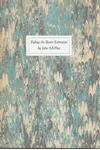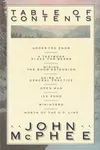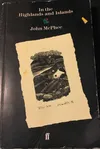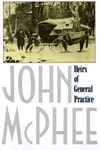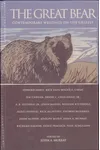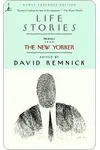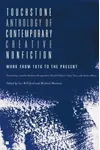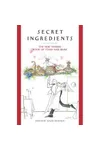Picture a storyteller who transforms geology, oranges, and Alaskan wilderness into riveting tales—meet John McPhee! This American nonfiction maestro has spent decades weaving science, nature, and human stories into lyrical prose that captivates readers. With a Pulitzer Prize and a Princeton lectern, McPhee’s work invites us to see the world’s intricacies through a literary lens.
His immersive journalism, often called 'creative nonfiction,' blends meticulous research with a poet’s touch. From canoes to volcanoes, McPhee makes the complex feel intimate. Ready to explore the man who made rocks sing? Let’s dive in!
The Making of John McPhee
Born on March 7, 1931, in Princeton, New Jersey, John McPhee grew up in a world of ideas. His father, a Princeton physician, sparked his curiosity about the natural world. McPhee’s early years were shaped by sports, writing, and an insatiable appetite for learning. After graduating from Princeton University in 1953, he honed his craft at Time magazine before joining The New Yorker, where his signature style took root.
Influenced by literary journalists like Joseph Mitchell, McPhee found his niche: long-form narratives that married fact with artistry. His early books, like The Headmaster (1966), showcased his knack for turning niche subjects into universal stories, setting the stage for a prolific career.
John McPhee’s Unforgettable Stories
McPhee’s bibliography is a treasure trove of diverse subjects, each rendered with precision and grace. Coming into the Country (1977) explores Alaska’s vast wilderness, blending tales of pioneers and grizzlies with reflections on human ambition. It’s a masterclass in narrative depth. The Control of Nature (1989) tackles humanity’s battle against natural forces—think lava, mudslides, and rivers—with gripping prose.
His Pulitzer Prize-winning Annals of the Former World (1998) is a 660-page love letter to geology, weaving plate tectonics with human history. Then there’s Oranges (1967), a surprisingly enthralling deep dive into citrus that proves McPhee can make anything fascinating. His style—meticulous, lyrical, and layered—turns facts into stories that linger. Themes of nature, resilience, and human curiosity thread through his work, inviting readers to see the world anew.
McPhee’s process is as distinctive as his prose. He spends months, sometimes years, researching, often embedding with experts—geologists, farmers, engineers—to capture authentic voices. His teaching at Princeton, where he’s mentored writers like David Remnick, reflects his belief in structure and clarity, shaping his stories like a craftsman.
Why John McPhee Matters
John McPhee’s impact stretches beyond bookshelves. He redefined nonfiction, proving that science and storytelling can coexist beautifully. His work has inspired environmentalists, journalists, and readers to engage with the world’s complexities. At Princeton, his Ferris Professorship of Journalism has shaped generations of writers, emphasizing rigor and curiosity.
McPhee’s legacy lies in his ability to make the obscure profound. In an era of fleeting attention spans, his patient, immersive narratives remind us to slow down and observe. His books remain touchstones for anyone seeking to understand humanity’s place in the natural world.
About John McPhee
- Born: March 7, 1931, Princeton, New Jersey
- Key Works: Oranges, Coming into the Country, Annals of the Former World
- Awards: Pulitzer Prize for General Nonfiction (1999), National Book Award finalist
- Fun Fact: McPhee still writes on a typewriter, embracing old-school precision.
Snag Coming into the Country or Oranges and dive into John McPhee’s world of lyrical nonfiction. Your bookshelf—and your curiosity—will thank you!
